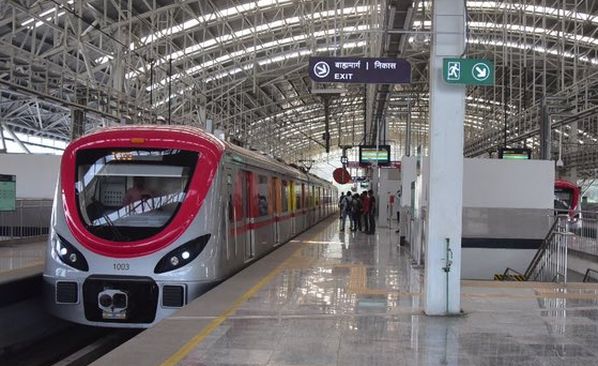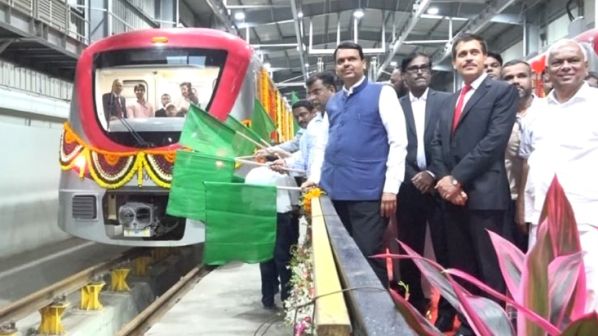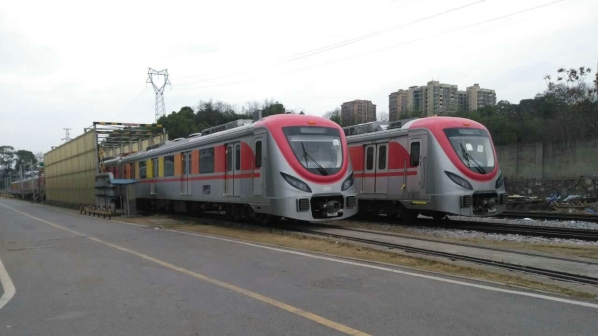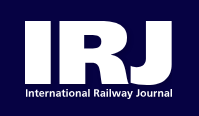INDIA’s latest metro opened its first section on November 17, connecting southwest and east Navi Mumbai, the rapidly-expanding city across the Thane Creek east of Mumbai.
The new 11.1km standard-gauge line has 11 elevated stations and runs from CBD Belapur in the southwest to Pendhar in the northeast.
Subsequent phases will see the metro cross the Panvel Creek south of Navi Mumbai to reach the city’s planned new international airport, eventually extending the line to 23.4km.
The City and Industrial Development Corporation (Cidco) of the state of Maharashtra, which commissioned the metro, is also studying whether to build a metro line from Navi Mumbai airport to connect it with the Mumbai metro.
The first phase of the metro has cost an estimated Rs 30.6bn ($US 367.6m), while the subsequent phases will cost about twice as much.
While only eight three-car CRRC trains are currently being operate, Navi Mumbai’s new metro has already become a great success, carrying over 100,000 passengers during its first 10 days in operation.
“The response… is extremely positive,” Cidoc’s joint managing director, Mr Rajesh Patil, told the Hindustan Times. “On an average day over 15,000 commuters are using the line. This has certainly given an impetus toward getting the other lines commissioned at the earliest.”
“Soon, we will launch metro cards which will help passengers avoid queues,” Mr Harish Gupta, managing director of Mahametro, which operates the line, told the Mumbai news outlet Mid-day. “The card holder will not have to stand for tickets and can enter the station using the cards, saving valuable time. Also, people are talking about this service, which will boost the ridership further.”
Completion of the first phase has been delayed almost eight years from its planned December 2015 deadline. The original contractor, the San José-Mahavira-Supreme consortium, lost parts of the contract in 2017 after having completed just over half of the project by the original completion date. Subsequent construction by other contractors was delayed further by legal challenges.
For more information on Indian metro projects, subscribe to IRJ Pro.




